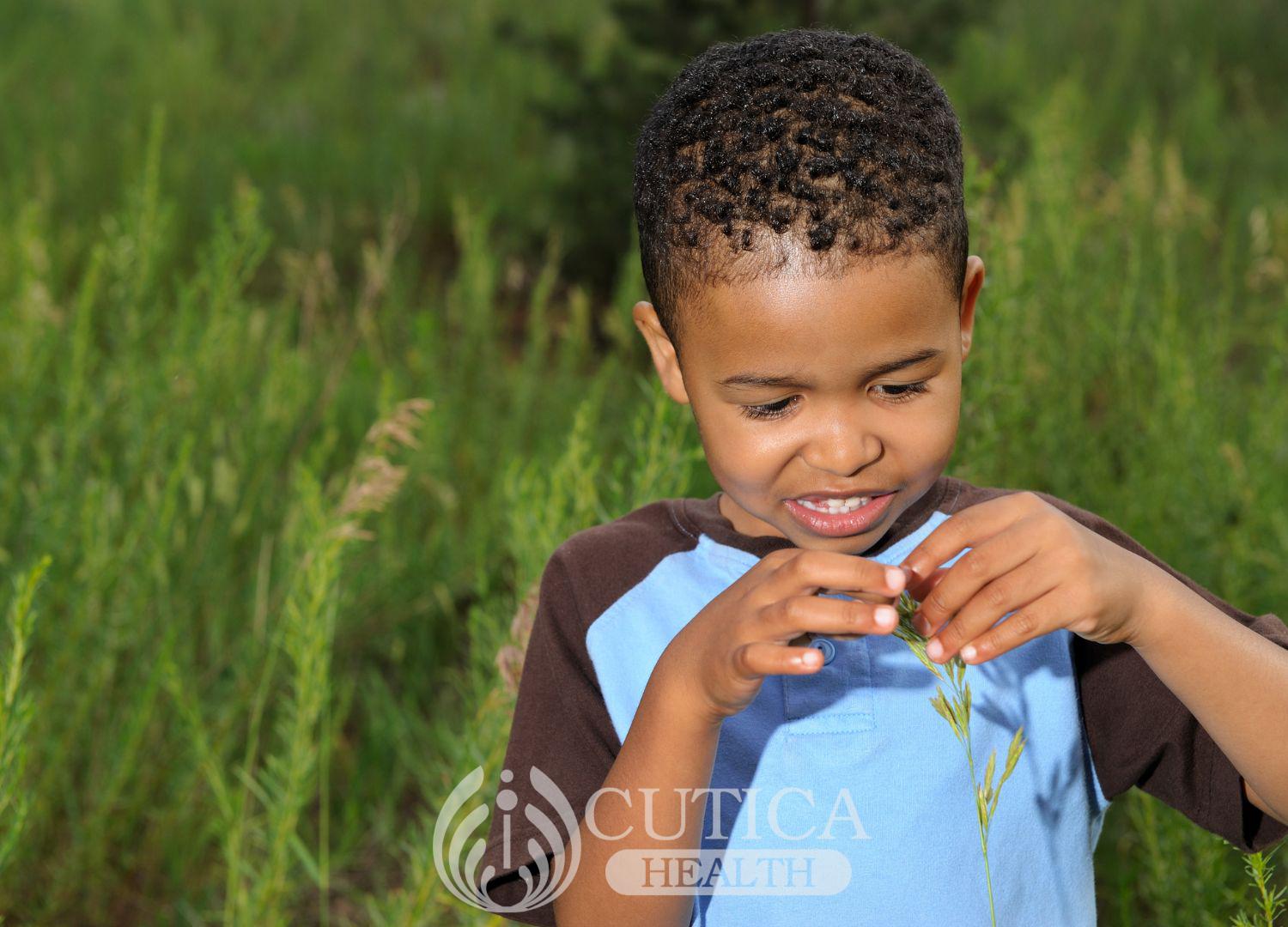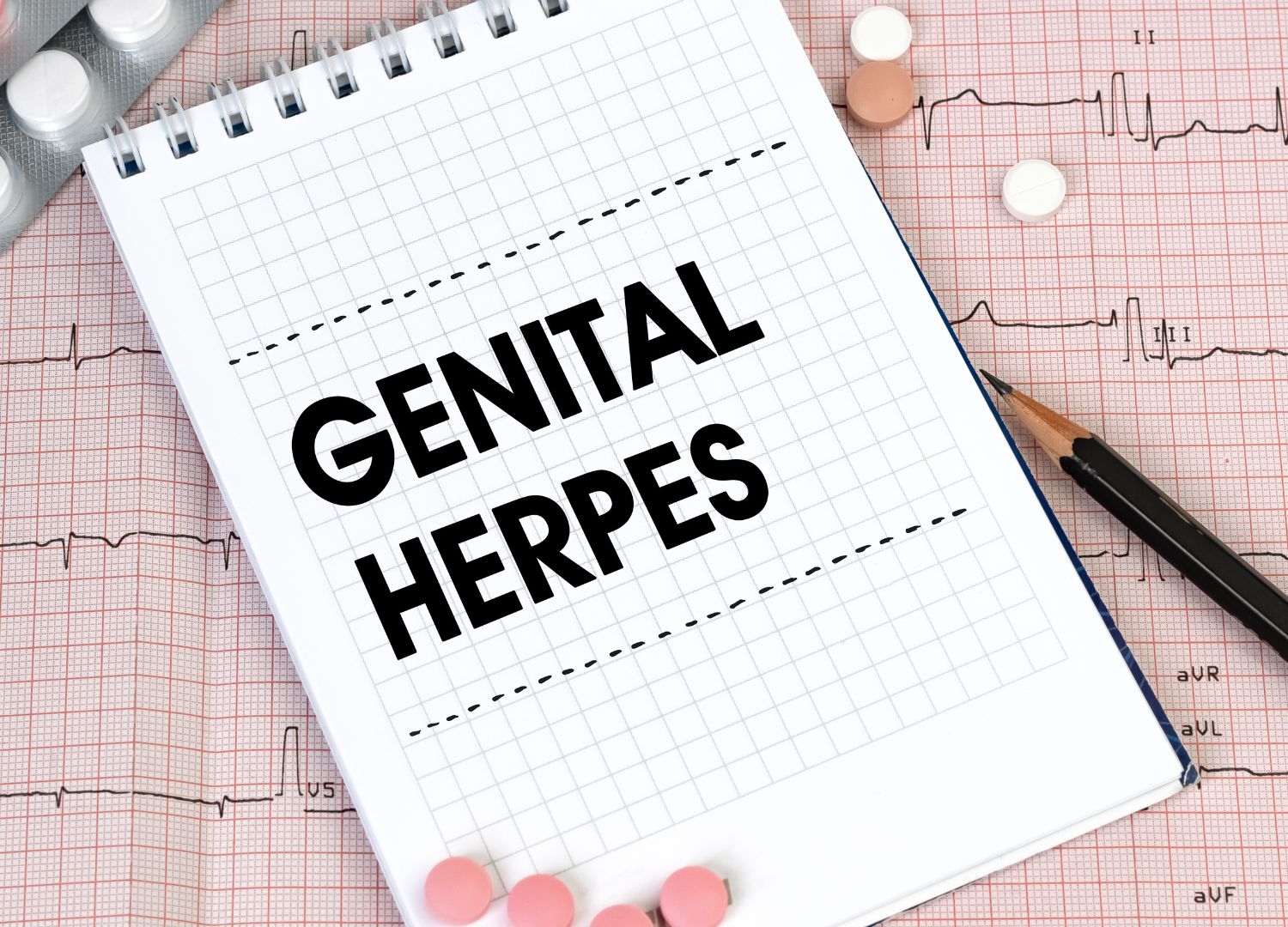
How You Go Take Identify Anti-Social Behaviour For Children Body
Antisocial behavior fit dey defined as acts of intentional hostility and aggression wen dey directed towards other people, property, and even animals.
Antisocial behaviours fit dey from mild to severe and e dey observed and diagnosed for children wen dey as young as 3 years old. Antisocial behaviours dey more commonly observed among males than females.
Many children go display mild antisocial behaviours as dem dey grow up like lying or fighting and dem go outgrow am as time dey go.
But if you believe say this behavior dey extreme and harmful to others, you suppose look out for the following:
Antisocial acts may dey open or hidden
When you think of antisocial acts, you fit dey look for only the obviously aggressive actions. But antisocial behaviours fit dey easily observed or not easily observed.
Easily observed behaviours to watch out for na bullying, hitting others, verbal abuse, impulsive behaviours, animal cruelty, defiant behavior, fighting, poor grades, drug and alcohol abuse.
Hidden behaviours to watch out for na disobeying rules and laws, vandalism, stealing, lying and manipulation, skipping school, sexually abusing others, and arson (fire-setting) Lack of empathy, guilt or remorse .
Lack of empathy na major feature of antisocial personality disorder (ASPD), e dey often paired with neglect for other people’s rights. Empathy na the ability to understand how other people dey feel, even if you Neva dey in dia shoes before .
People wen lack empathy go dey blame others for their mistakes, dem go shut down the opinions of others, get difficulty maintaining relationships, and nor go fit understand the emotions of other people.
Dem dey get strong emotional responses like anger or frustration wen dem dey deal with the emotions of others because dem nor fit understand am, and dem go blame the person say e too dey sensitive.
Say your pikin get antisocial personality disorder go increase if dem dey intentionally harm or hurt other people and dem nor dey feel remorse or guilt for dia actions.
Manipulative attitude
People with ASPD nor dey always rude. Dem fit dey very manipulative and dem go excel at misleading others. Dem fit dey funny, flattering, clever, and charming. Dem go use these qualities, take get other children around them to do Wetin dem want, even illegal and harmful things.
Impulsiveness and unnecessary risk-taking behaviour
na major features of antisocial behaviour. Impulsiveness mean say make dem act without thinking or without taking the consequences of the action into consideration.
Impulsive children go engage in acts wen dey dangerous to themselves and others without thinking .
Dem dey more likely to take risks wen other children dey shy away from like jumping into well to pick balls or climbing tall, unsteady structures. Impulsive, risk-taking behaviour na trait wen most antisocial children get.
Conclusion
Antisocial behaviour fit create serious problems if dem leave am unmanaged until adulthood. For many cases, e go escalates into conduct disorder (CD) or oppositional defiant disorder (ODD). Once you observe say your pikin dey displaying antisocial behaviours, carry am go doctor so you go get proper diagnosis and treatment plan.












